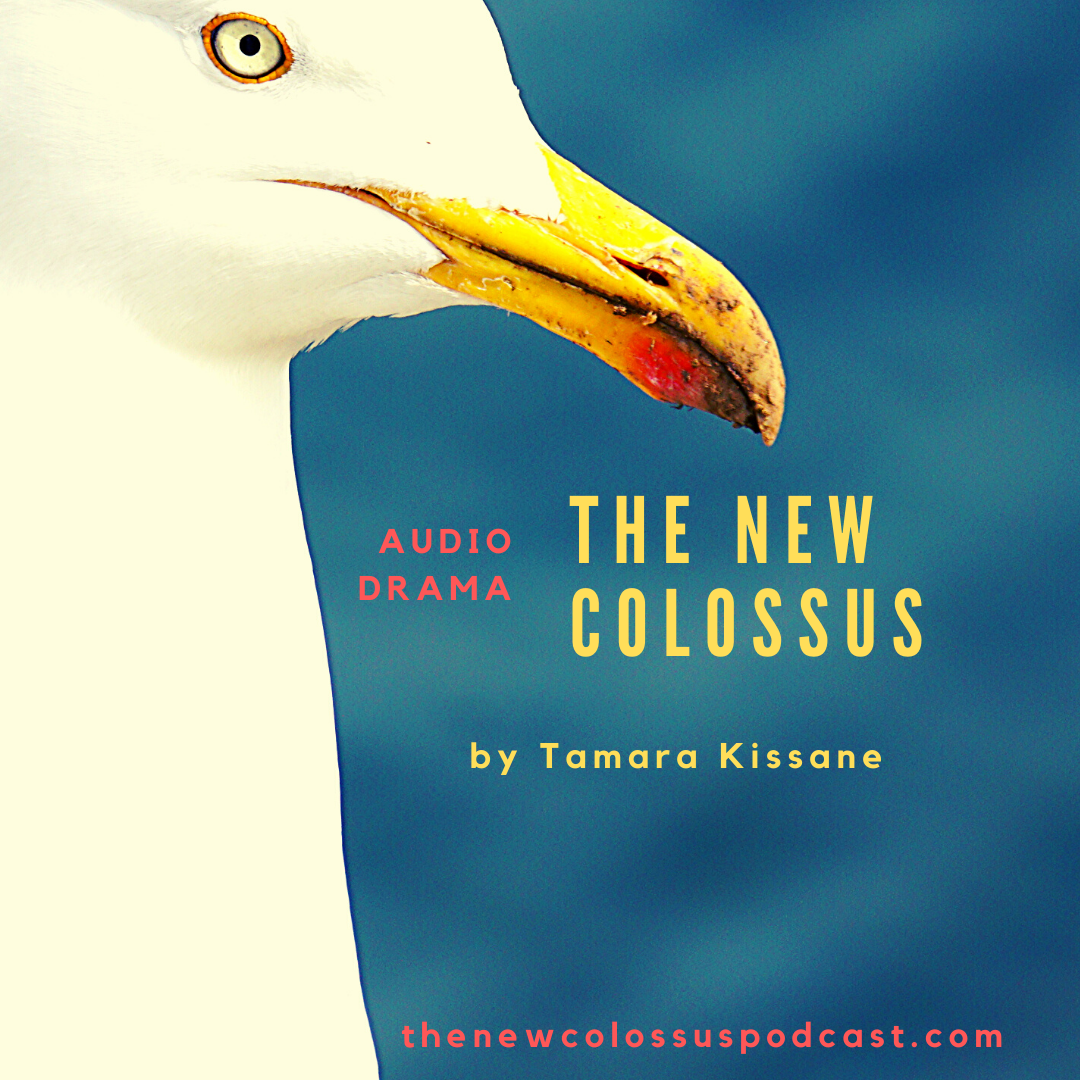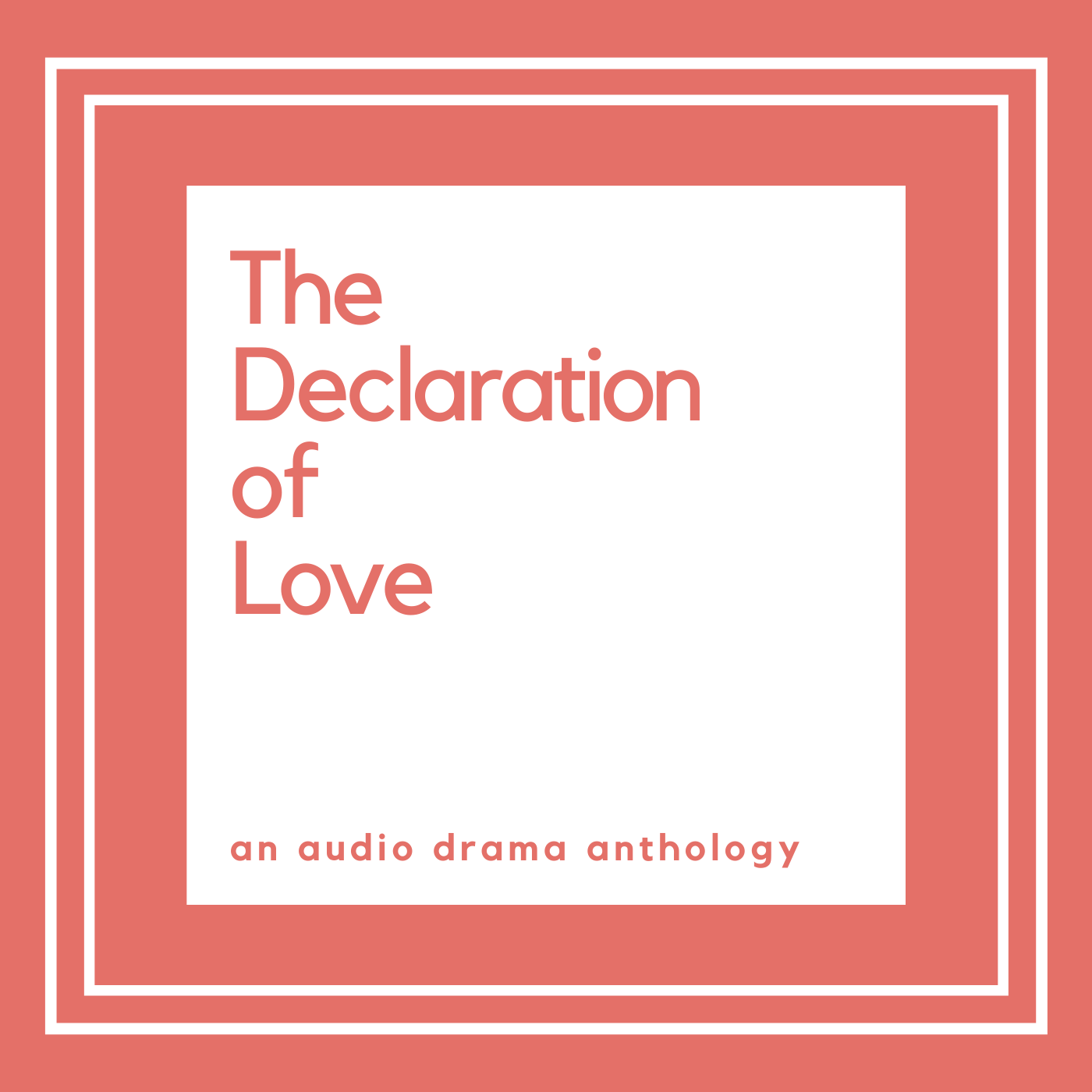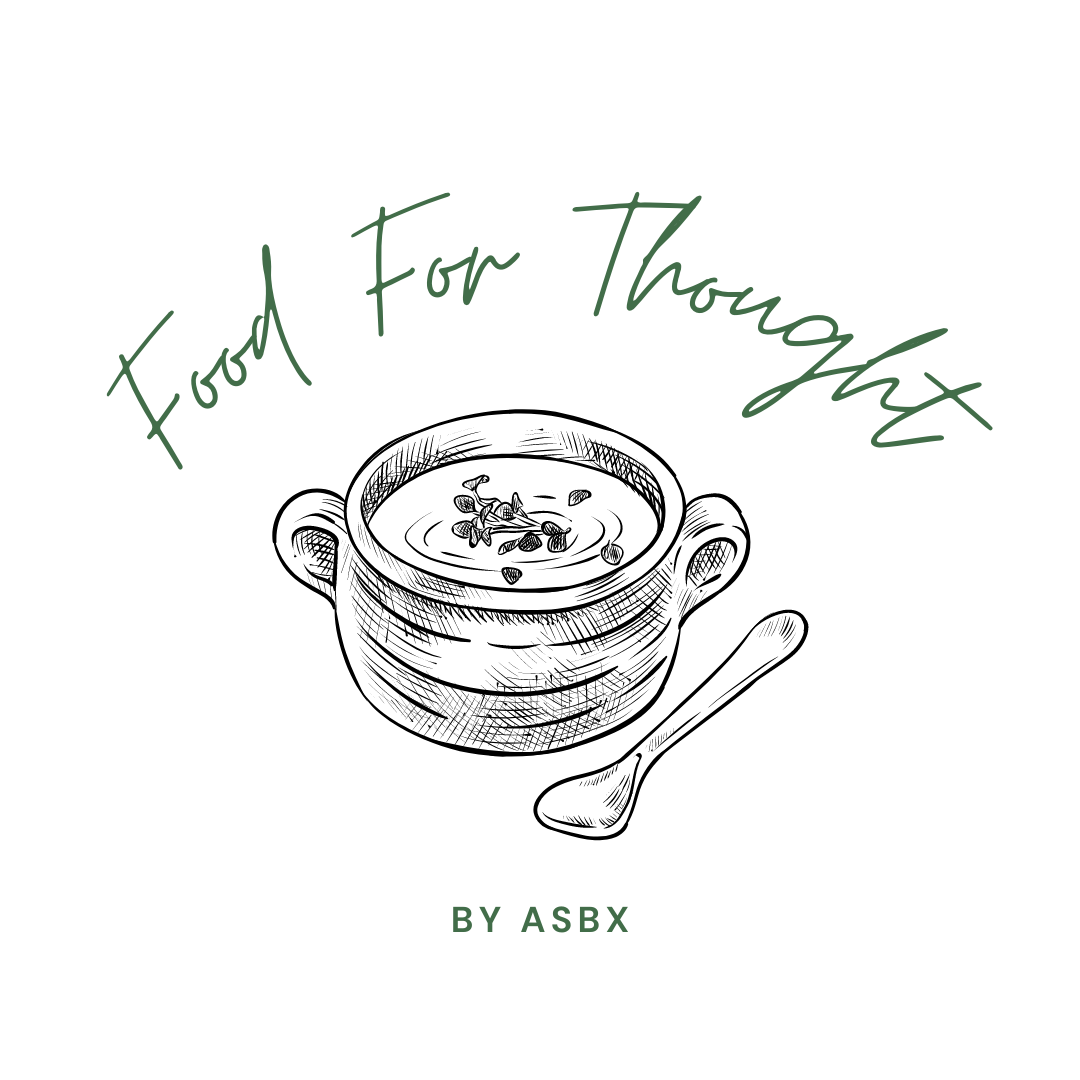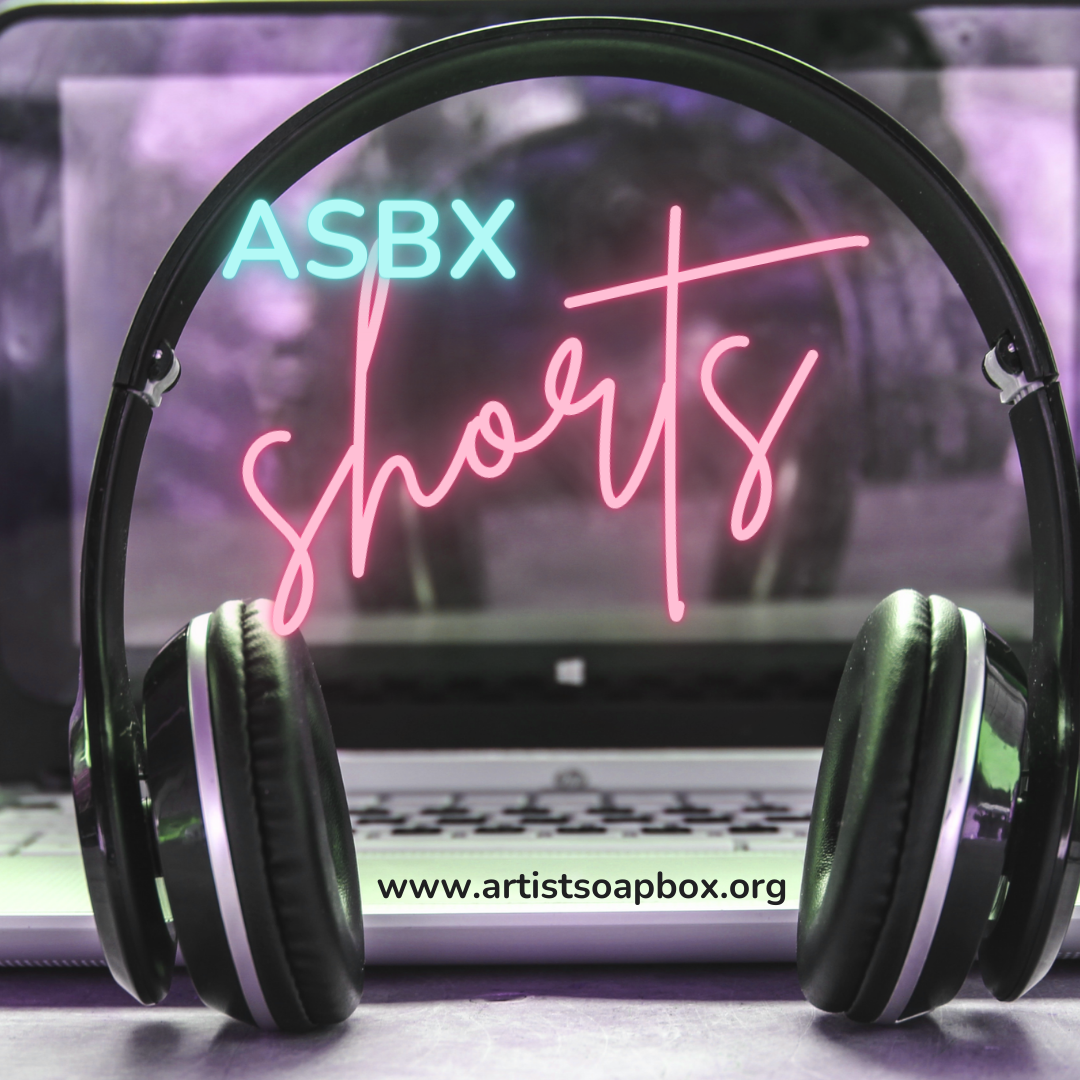Marie Garlock, PhD, leads health, performance, collaborative research, and community-building initiatives that span the U.S. South and Global South. She is the director of It Is In You projects, based in Durham, NC. It Is In You partners with people and organizations drawn together by the power of stories to promote health justice including clinicians, artists, scientists, educators, policymakers, faith and advocacy leaders across diverse communities, institutions, and coalitions.
[This conversation was so rich and expansive that I divided it into two distinct episodes. This is the first of two.]
For over a decade now, Dr. Marie Garlock has been creating performances based on collaborative, community-embedded research. She works with learners and luminaries of all demographics to facilitate workshops, organize festivals, and offer tailored programs in creative communication and health equity across the U.S. and internationally.
Marie and I spoke about three of her many active projects. You’ll hear me mention all three in this conversation, but our primary focus for this episode is the Flipping Cancer project. Flipping Cancer is a performance installation in story, dance/movement, + visual landscape created from interviews with people who face advanced cancers as patients, caregivers, + healthcare providers.
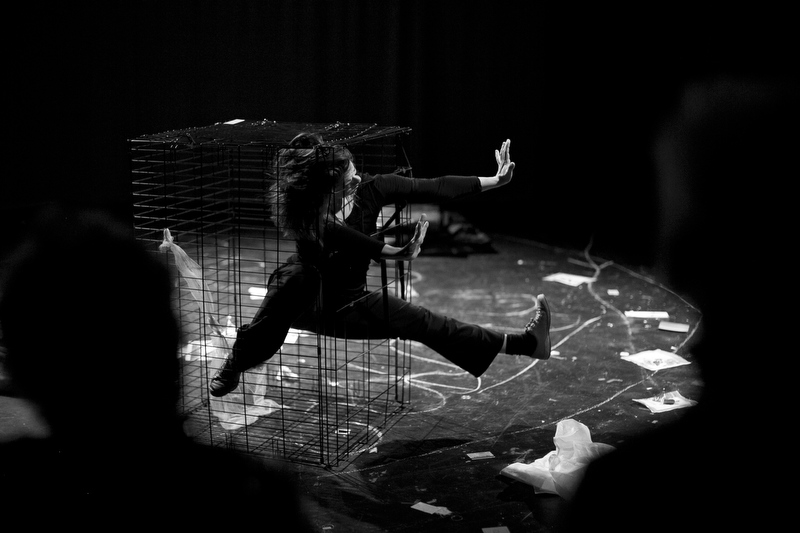
The second episode with Marie, which will be released next week, covers the Lillies Project, an environmental justice project in Stokes County, NC, United States and the Burns, Human Rights and Capabilities Project in Malawi, Africa. All three of these projects fall under the umbrella of health justice and performative story collaborations.
Content Warning: This is difficult stuff. During this episode and the next we touch on rampant injustice and inequities, life-threatening illnesses, racism and other traumas. I’m grateful to Marie, not only for the revealing and healing work that she does, but also for the grace, vulnerability, and humor that infuses in all of her creative projects. I’m honored to celebrate the courage of Marie, her partners, and participants and to celebrate the fact that art can be powerfully good medicine.
This episode is brought to you by the Soapboxers, the official patrons of the Artist Soapbox. If you like these episodes and want more, get on the Soapbox! This episode was recorded at the ASBX home studio. Artist Soapbox theme music by Bart Matthews.
Connect and Follow!
Artist Soapbox on social media:
Twitter =@artist_soapbox
Instagram = artistsoapbox
Facebook =https://www.facebook.com/artistsoapboxpodcast/
QUESTIONS FOR MARIE
HEALTH JUSTICE
Marie, you work on a wide range of projects — you gave me a great frame to connect all of these – you “bring people together around the power of stories to promote health justice.”
Let’s unpack that statement a little… at first glance, it seems like working ‘in story’ with a community could be of little interest, or low on the priority list, or not have much impact considering the complexity of the issues, but I know you’ve had experiences that contradict those notions…..So more broadly, how could/does story promote health justice — what is that relationship? Why is it important? What does health justice even mean?
FLIPPING CANCER
What is this project? As an artist, how do you work with the participants?
Artist Soapbox podcast is a listener supported podcast. If you listen, please support the podcast by sharing episodes with friends and contributing via our Patreon campaign.
If you have feedback, questions, suggestions, please email artistsoapbox@gmail.com. FEEDBACK IS EVERYTHING TO ASBX.
Quotes from Marie:
- How do we radically reframe health as something that’s not just the absence of disease but takes in the understanding of people?
- So often we think of change being made through the figures and facts. Actually those go hand in hand with story, and they’re only ever going to make sense through story.
- Stories are the site for opening up imagination and that’s a core part of making social change.
- Why do we treat cancer in a health philanthropy way vs. a health justice way?
- People say that cancer is____________. Here’s what I know about cancer___________. (fill in the blank)
- One of the primary goals of the Flipping Cancer project is to have that dialogue-based witnessing for things we thought weren’t allowed or were too messy.
- People would say afterwards, “I didn’t know you were allowed to say that.”
- Many people dealing with life-threatening illness are our best teachers, so how do we uncage that?


